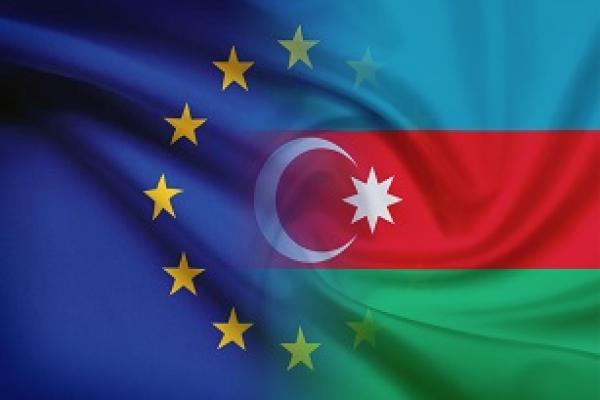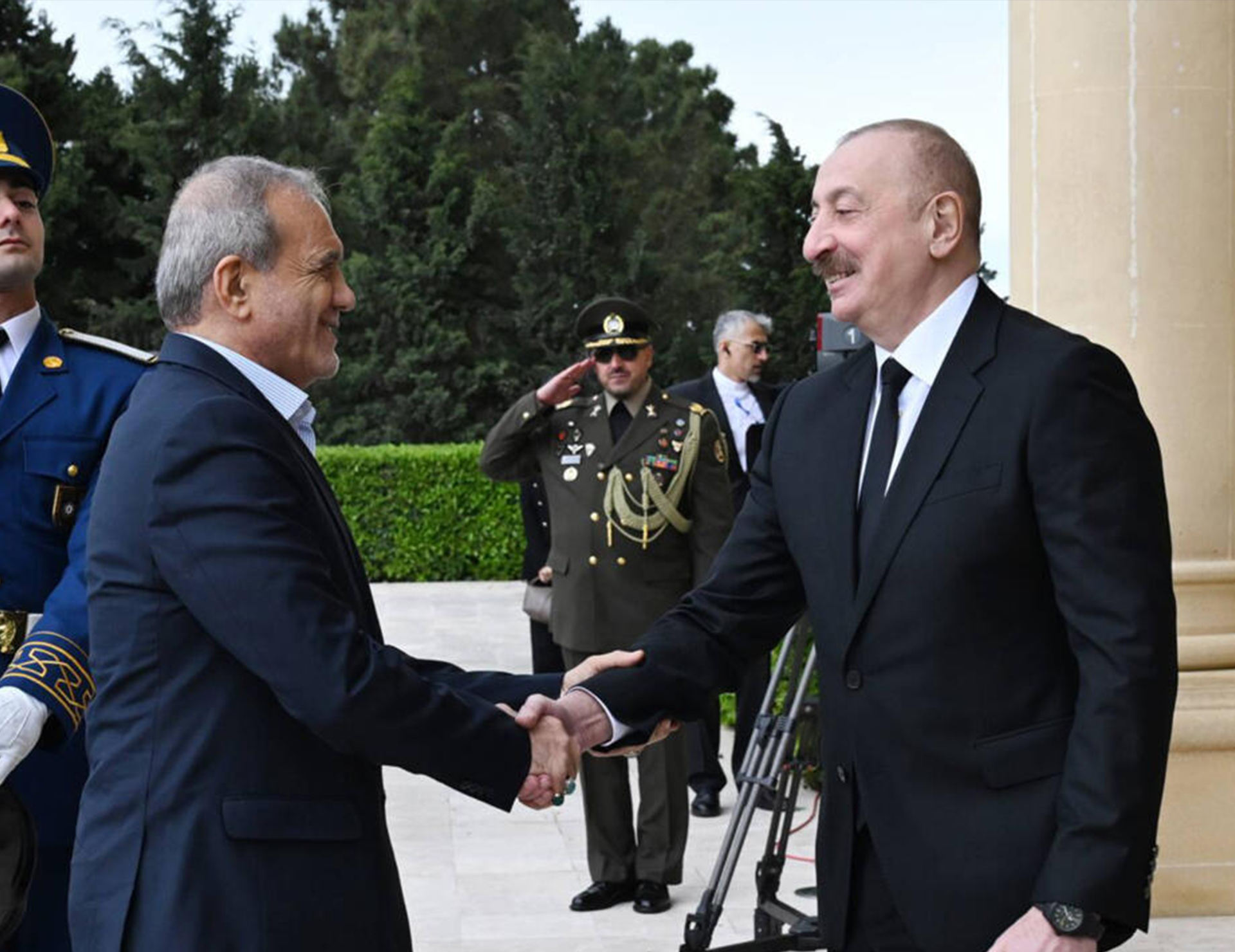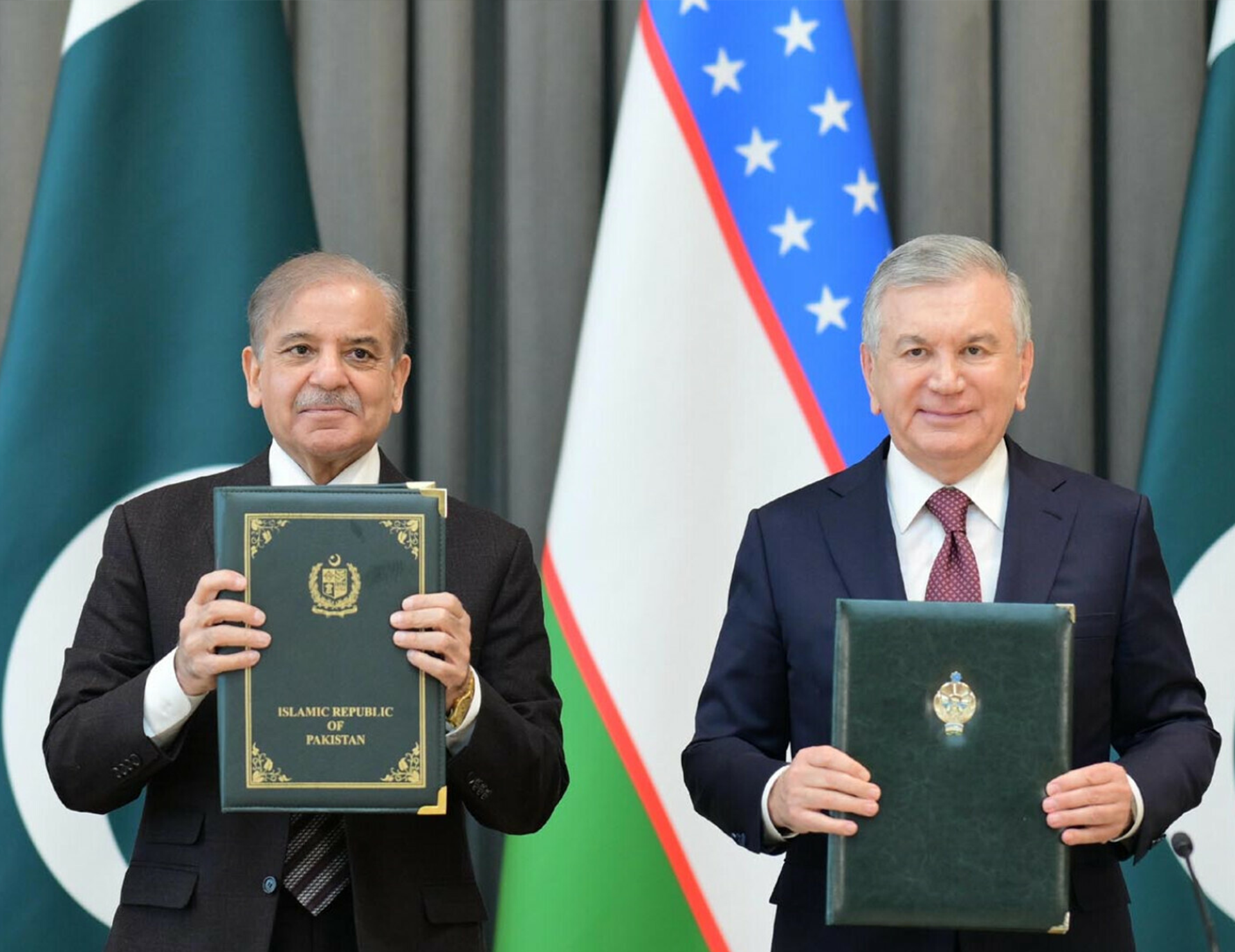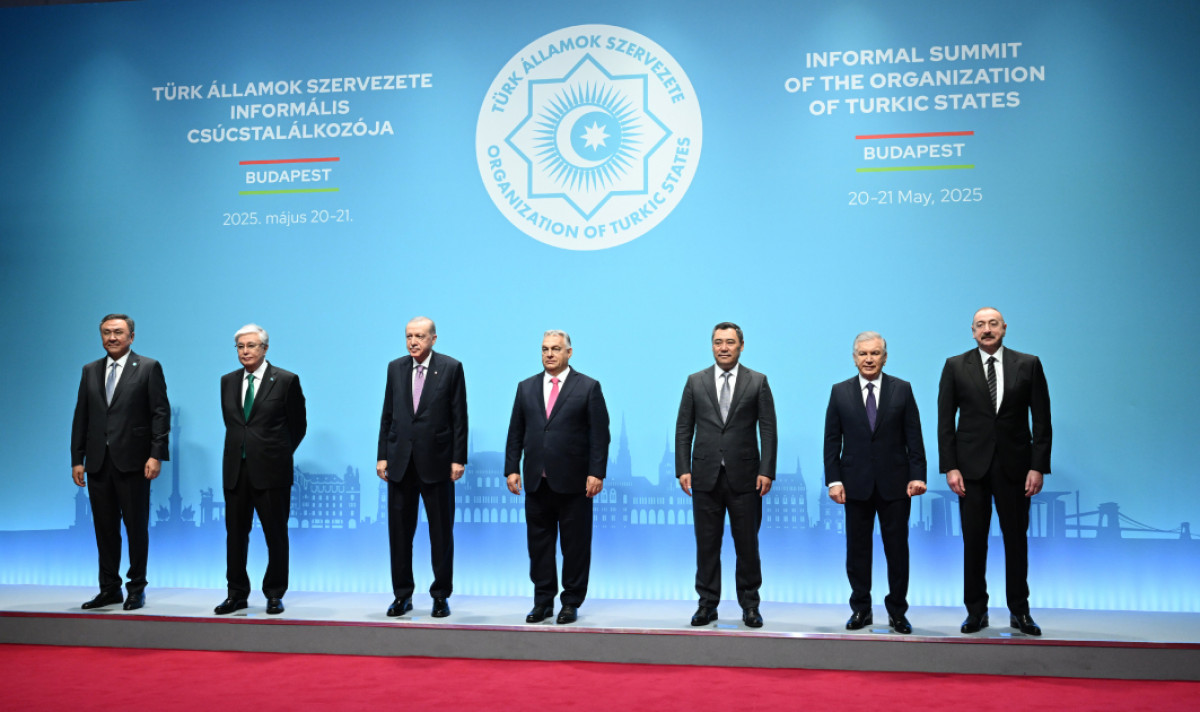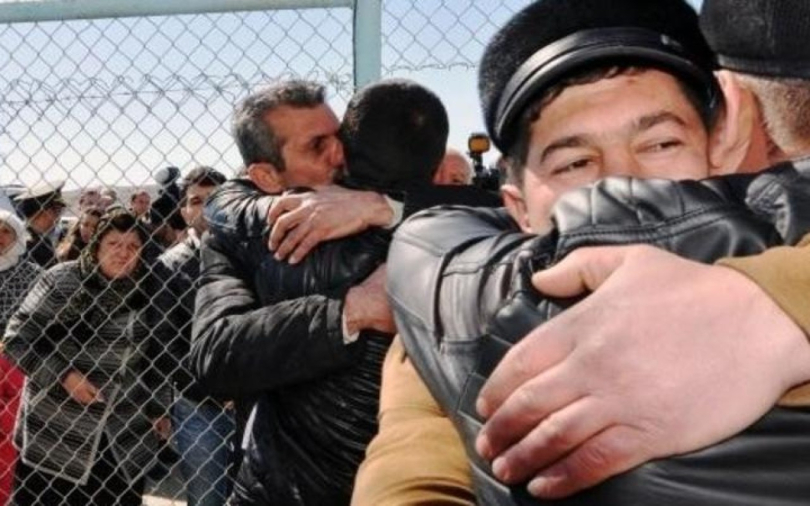On April 25, the EU’s High Representative for Foreign Affairs and Security Policy, Kaja Kallas paid a visit to Azerbaijan. This was the first visit of the EU’s top diplomat to Baku in the past nine years. Both sides gave positive messages during the visit about the existing situation in bilateral relations and future prospects. President Ilham Aliyev reaffirmed Azerbaijan’s position as a dependable EU partner, drawing attention to the Southern Gas Corridor’s steady supply of natural gas to Europe over the past four years. Currently, ten European nations – eight of them EU members – receive Azerbaijani gas, positioning Baku as a major contributor to the continent’s energy security. Aliyev also pointed to effective collaboration under the Southern Gas Corridor Advisory Council and noted promising opportunities in renewable energy. Azerbaijan’s involvement in advancing the Trans-Caspian Energy Corridor and joint Black Sea energy projects with countries like Georgia, Romania, Hungary, and Bulgaria was also underscored.
Kallas also acknowledged Baku’s strategic energy role and expressed interest in deepening ties. Her discussions with Foreign Minister Jeyhun Bayramov also covered regional peace and post-conflict normalization, with Baku reiterating that constitutional changes in Armenia are essential for a peace deal. Bayramov concluded the visit with optimism, noting progress toward finalizing a new EU–Azerbaijan agreement, which is nearly (90-95 percent) complete.
Despite the positive tone surrounding Kaja Kallas’s visit, it is important to recognize that EU–Azerbaijan relations have yet to reach their full potential. Several developments have strained the bilateral relationship. Chief among Azerbaijan’s concerns is the deployment of a monitoring mission by the EU and Canada along the Armenia–Azerbaijan border. Baku has rejected Western assurances that the mission is strictly civilian in nature and has no military or intelligence objectives. The mission’s mandate has been extended twice without Azerbaijan’s consent, further exacerbating tensions. From Baku’s perspective, this was an unfriendly gesture, particularly given that the EU took no comparable action during the decades-long occupation of Azerbaijani territories by Armenia, yet responded promptly when Armenia perceived a threat to its own security.
The one-sided resolutions of the European Parliament and statements by former High Representative Josep Borrell further fueled tensions. EU institutions quickly allocated funds to Armenia’s militarization through the European Peace Facility, as well as to infrastructure projects in the country, while failing to adequately address the immense challenges Azerbaijan faces in rebuilding settlements that were destroyed and heavily mined – an estimated 1.5 million landmines – during the period of Armenian occupation.
The signals and messages from both sides following Kallas’s visit to Baku indicate not only a positive momentum but also a clear geopolitical imperative to overcome existing challenges and open a new chapter in EU–Azerbaijan relations. The tense dynamics in the South Caucasus, coupled with increasingly strained relations between Russia and the regional states, have generated significant uncertainty about the region’s future. The ongoing crisis in Azerbaijan–Russia relations following the December 2024 plane crash, the ambiguity surrounding Russia–Armenia ties ahead of Armenia’s upcoming parliamentary elections, and the deepening political turmoil in Georgia all call for a more nuanced and systematic approach from the EU. The Union should also aim to fill the vacuum left by the Trump administration’s retreat from security commitments in Eastern Europe.
In this context, a revised and more balanced EU strategy toward Azerbaijan – as well as the Armenia-Azerbaijan peace process – is essential. With Baku and Yerevan having reached a draft agreement on a peace treaty, which likely entails the withdrawal of the EU monitoring mission from the border, the Union’s constructive involvement in resolving the remaining issues could be particularly valuable. One area where the EU could offer meaningful support is in facilitating constitutional reform in Armenia, specifically the removal of the reference from the constitution to the Declaration of Independence that asserts territorial claims against Azerbaijan. Notably, the Armenian government has already acknowledged the necessity of such amendments. In addition, the EU could assume a facilitating role in advancing negotiations over the Zangezur corridor, contributing to regional connectivity and stability.
The EU could also seek to restore its soft power in the region, particularly in Azerbaijan, where its image has been undermined by the aforementioned biased statements and actions. A meaningful step in this direction would be to support reconstruction efforts in the liberated territories. Contributing to the construction of schools and hospitals under the EU’s flag in these areas could help win the goodwill of the Azerbaijani public and foster a more positive and collaborative environment for engagement with the government. In this context, the statement by the European External Action Service in mid-April – prior to Kaja Kallas’s visit – regarding the EU’s plan to allocate €10 million for the International Centre of Excellence and Training for Mine Action for 2024–2025, and the accompanying announcement that this would bring the EU’s total support for demining operations in Azerbaijan to approximately €23 million, was an important and timely step.
In conclusion, the time is ripe for Azerbaijan and the European Union to revitalize and deepen their partnership. The recent high-level exchanges have demonstrated a mutual willingness to reset the tone of bilateral relations and capitalize on shared strategic interests, particularly in energy cooperation, regional stability, and post-conflict recovery. To translate this momentum into lasting progress, the EU can adopt a more balanced and inclusive approach that recognizes Azerbaijan’s legitimate concerns and contributions. Prioritizing equitable engagement in peacebuilding, supporting reconstruction in the formerly occupied territories, and promoting infrastructure and connectivity projects across the region will not only enhance the EU’s credibility but also contribute to long-term peace and integration in the South Caucasus. With geopolitical tensions rising and regional dynamics rapidly evolving, a forward-looking, constructive EU-Azerbaijan partnership is not just desirable – it is imperative.

